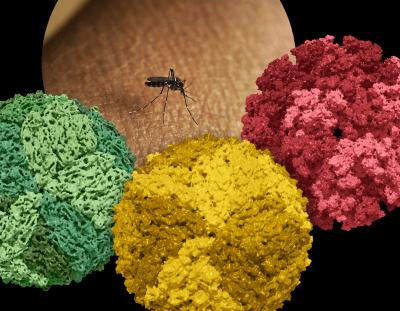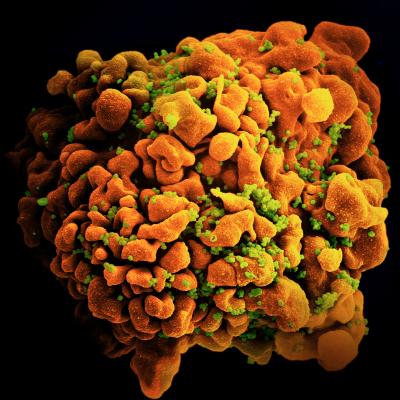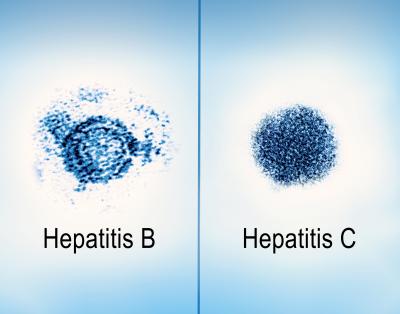Consider applying to the notice of funding opportunity (NOFO): Diagnostic Centers of Excellence for the Undiagnosed Diseases Network (U01, Clinical Trial Not Allowed) if you can establish a clinical site to provide an expert Diagnostic Centers of Excellence (DCoE) for undiagnosed diseases.
Undiagnosed diseases can present physical, emotional, and financial burdens to patients, families, and care teams who may spend years seeking a diagnosis and a path to treatment. In 2008, NIH established an intramural Undiagnosed Diseases Program (UDP) to aid individuals plagued by longstanding medical conditions that elude medical diagnosis. The UDP was successful in ending the “diagnostic odyssey” for individuals with undiagnosed, rare, challenging diseases. In 2012, the NIH Common Fund announced the expansion of the UDP to form a nation-wide network, the Undiagnosed Diseases Network (UDN), composed of the NIH UDP and extramural clinical sites.
Research Objectives
This NOFO leverages multiple NIH institutes and centers (ICs), including NIAID, to seek proposals from highly qualified clinical sites in the United States to join the Phase III Network as DCoEs through cooperative agreement awards. Awarded DCoEs will have access to Data Management and Coordinating Center (DMCC) resources and infrastructure including high-quality phenotypic and genotypic data and collaboration with highly skilled physicians, researchers, and bioinformaticians. Successful applicants will demonstrate that they have the appropriate expertise, resources, and infrastructure needed to conduct advanced diagnostic evaluations at their site and propose a research plan that meets some of the following Phase III Priorities.
Read the NOFO linked above for the full list of priorities:
- Scale clinical capacity to engage more applicants across the United States by increasing diagnostic efficiencies and incorporating community and third-party payer support for patient services. DCoEs should do the following:
Provide a plan to enroll an achievable number of participants based on the site’s experience, outreach capabilities, community needs, and budget. Awarded DCoEs are expected to work with the DMCC to develop an enrollment plan that utilizes a tiered evaluation approach and is based on the specific diagnostic needs of each participant with plans to scale up enrollment as diagnostic efficiencies are established.
Work closely with the DMCC and other DCoEs to improve the efficiency and cost-effectiveness of the clinical evaluation (e.g., artificial intelligence (AI)/machine learning and other innovative tools for record review and data analysis, tiered evaluation strategies and remote visits as described above), while still providing a comprehensive and expeditious clinical evaluation of participants.
Although DCoEs are encouraged to enroll and evaluate participants with disorders in any clinical specialty, applicants have the option to specialize in one or more areas of clinical practice, including but not limited to pediatrics, neurology, ophthalmology, cardiology, gastroenterology, immunology, metabolism, and environmentally linked or infectious diseases.
- Expand access to the UDN for individuals and groups who historically have not benefited from modern diagnostic investigations due to race, ethnicity, socioeconomic status, geographic location, sex/gender, linguistic, or other systemic barriers. DCoEs should do the following to achieve this goal:
Collaborate with the DMCC to recruit and enroll individuals from U.S. populations that experience health disparities.
Partner with community collaborators that serve populations that experience health disparities, including but not limited to academic institutions, local healthcare systems and hospitals, and state and local public health agencies. At least one of the partnerships must be a community healthcare organization that provides services for economically disadvantaged individuals who are under/uninsured.
- In addition to continuing the fruitful genomic approaches established in Phase I/II of the UDN, Phase III DCoEs are expected to propose and develop innovative strategies to investigate other potential causal factors in undiagnosed diseases such as environmental insults, infectious, oncologic, immunologic, or complex genetic disorders.
- Ensure that participants consistently receive a high-quality experience, for example, by collaborating with the DMCC to survey and incorporate input from patients, caregivers, and family members into the practice of the UDN.
Applicants should include external sources of support within their application and describe existing or planned resources available to them, along with an overview of how they will leverage these resources to cover the patient costs and diagnostic testing of UDN participants at the site.
Additionally, applicants need to seek reimbursement from outside funding sources for patient services and routine diagnostic testing (e.g., by billing insurance, utilizing support from their institutions, outside partnerships, state and federal grants, philanthropic organizations, foundations, or private donors).
Notably, this NOFO requires a Plan for Enhancing Diverse Perspectives (PEDP) as part of the application. Applicants should read the instructions carefully and view the available PEDP Guidance Material since they must include a PEDP as an attachment as part of Other Project Information.
NIH will assess the PEDP as part of the scientific and technical peer review evaluation, as well as consider among programmatic matters with respect to funding decisions. The National Institute of Neurological Disorders and Stroke (NINDS) will consider applications that propose clinical trials or do not include a PEDP to be nonresponsive and not review them.
Award and Contact Information
The maximum project period is 4 years, and your application budget may not exceed $500,000 in annual direct costs. The budget must reflect the actual needs of the proposed project. Note that budgets may be administratively reduced before award based on program priorities and the amount of NIH appropriations.
Applications are due on November 3, 2023, by 5 p.m. local time of the applicant organization.
If you have inquiries about this NOFO, contact NIAID’s scientific/research contact, Dr. Stacy Ferguson at fergusonst@niaid.nih.gov or 240-627-3504. NINDS will coordinate peer review for this NOFO; for review-related questions, email nindsreview.nih.gov@mail.nih.gov.




